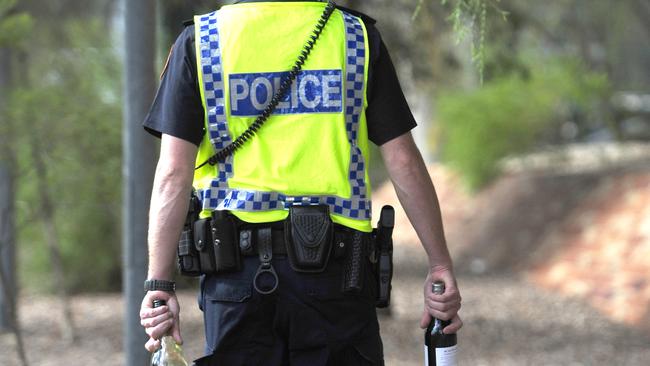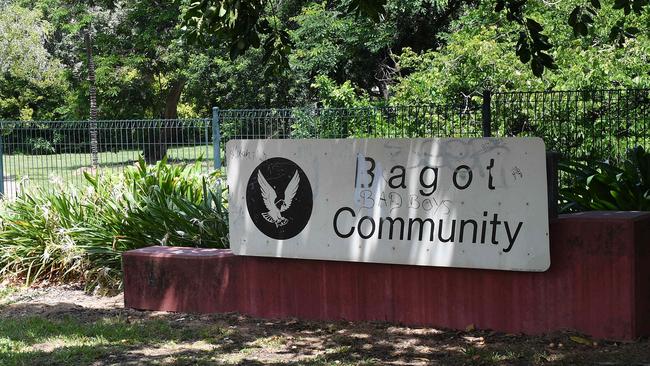Federal senate inquiry on Stronger Futures’ end finds alcohol-related harm on the rise
Territory councils have raised the alarm that grog-fuelled harm has increased since a blanket alcohol ban on NT communities lifted earlier this year. Here’s what a senate inquiry has heard.
News
Don't miss out on the headlines from News. Followed categories will be added to My News.
Alcohol-related violence has risen after Aboriginal communities have been allowed unfettered access to alcohol, a federal parliamentary inquiry has heard.
The Joint Standing Committee on Aboriginal and Torres Strait Islander Affairs visited Alice Springs and Darwin in early December to examine the absence of the Territory’s controversial Stronger Futures legislation.
Blanket alcohol bans expired in July after fifteen years, however some communities have already opted to remain dry.
Others are yet to make a decision on allowing alcohol into their community while many have been left “confused” about their rights, the Central Desert Regional Council said.
CDRC, which services several remote communities including Lajamanu, Atitjere and Yuendumu, was one of many stakeholders to make a submission to the inquiry.

CDRC chief executive Leslie Manda said anecdotal evidence suggested there had been an increase in alcohol-related violence across several communities following the legislation’s lift.
“Management of alcohol has been challenging as only four of our nine remote communities have police officers in situ with the remainder receiving visiting services,” she said.
“Residents have also raised safety concerns and frustration of having to call triple-0 or the 131 444 number and being triaged by Darwin or Alice Springs for local emergencies when they have local officers on the ground.
“Local community police face challenges to effectively manage the illegal trafficking of alcohol into dry remote communities due to the large geographical area and the number of back roads in and out of communities.”
Ms Manda also said there was confusion among communities on what was to come after Stronger Futures laws ended.
“(Some believed) that when the Act ceased it meant all areas were now wet areas, resulting in an influx of alcohol into our dry communities for a few weeks after cessation,” she said.
“This was not the case for areas covered under the NT Liquor Act, which reverted to Generally Restricted Areas meaning no alcohol allowed in those communities, with some requiring a permit.”
City of Darwin Mayor Kon Vatskalis said issues of public alcohol intoxication are persisting in the Top End, despite “continued and intensive” work by the council and other agencies.

“Data provided from Primary Health Network states that the NT has the highest alcohol consumption per capita and the highest rates of hospitalisations and deaths due to alcohol misuse in Australia,” he said.
“Approximately 48 per cent of adults in the NT exceed the National Health Medical Research Council guidelines related to alcohol consumption.
“These consumption rates are 173 per cent greater than the national average.”
Mr Vatskalis recommended the federal government invest in “appropriate alternatives to the overcrowded prison system”, as well as provide meaningful training and employment opportunities in remote communities.
Greater investment into public housing, culturally-safe and accessible social services and shelters for those fleeing family violence were also among Mr Vatskalis’ requests to the committee.
A report on the inquiry is expected to be released on March 1, 2023.




